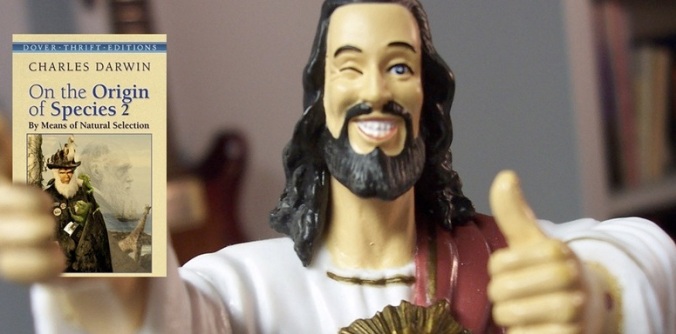Last month, I led a Book Club through James K.A. Smith’s How (Not) To Be Secular, itself a summary of the much larger book, A Secular Age by Charles Taylor. There were so many lessons culled from those pages–most of which I am still processing and will be in the months and years to come. And yet, the biggest takeaway for me was how Taylor described the “feel” and cause of our current secular existence.
Taylor challenges the story of our cultural and philosophical moment, affirming that we did not stumble or trip into our secular age. Secularity is not the “neutral” space of human existence once all forms of power, influence, control, and superstition are done away with. Rather, secularity is a cultural and philosophical achievement. The gravity of human progress does not necessitate secularity. We’ve had to build it.
Secularity: A Fall or Climb?
We first need to remember that when we talk about “secularity”, we’re not talking about some sort un-religious, “neutral” public space. A society is “secular” (in our sense) when disbelief in God becomes a viable option. We take for granted that the vast majority of humans in history (and even in the non-Western world today!) have no comprehension of such a world. Continue reading












